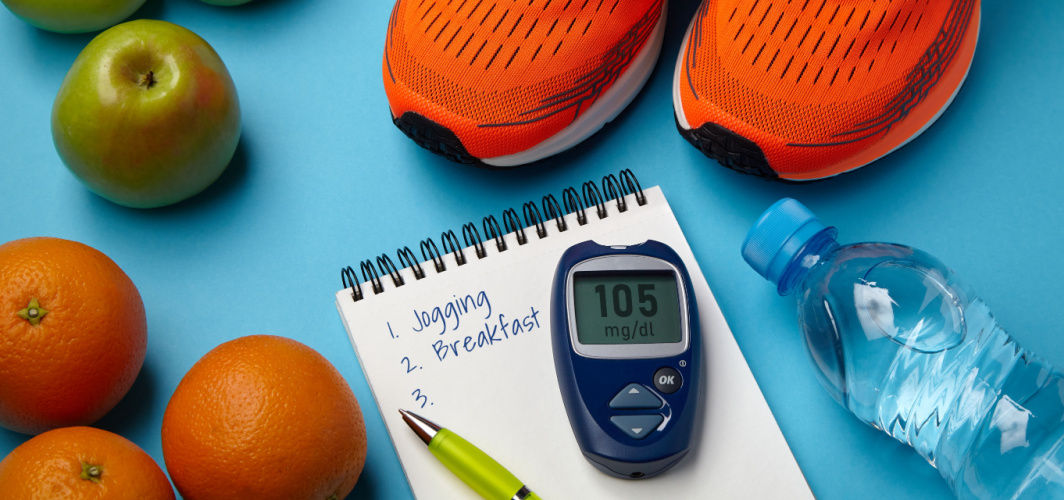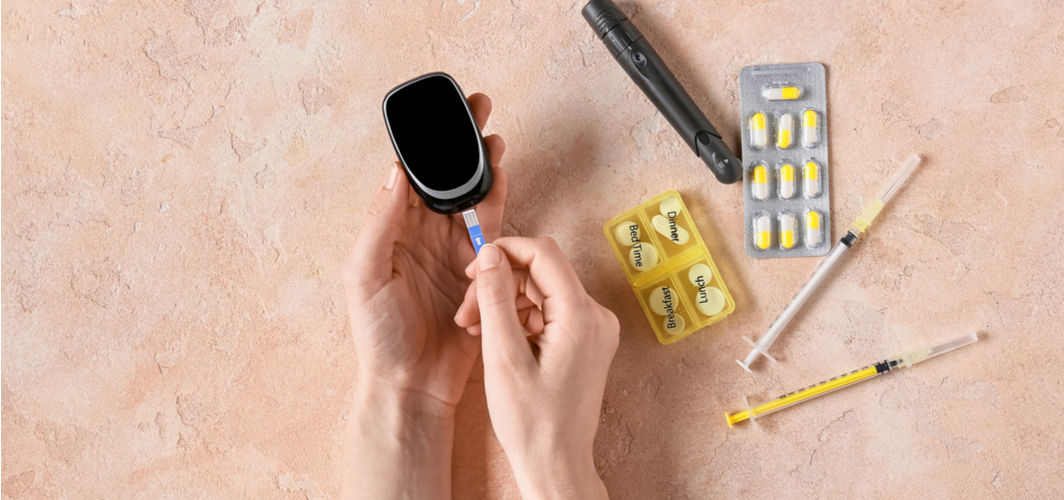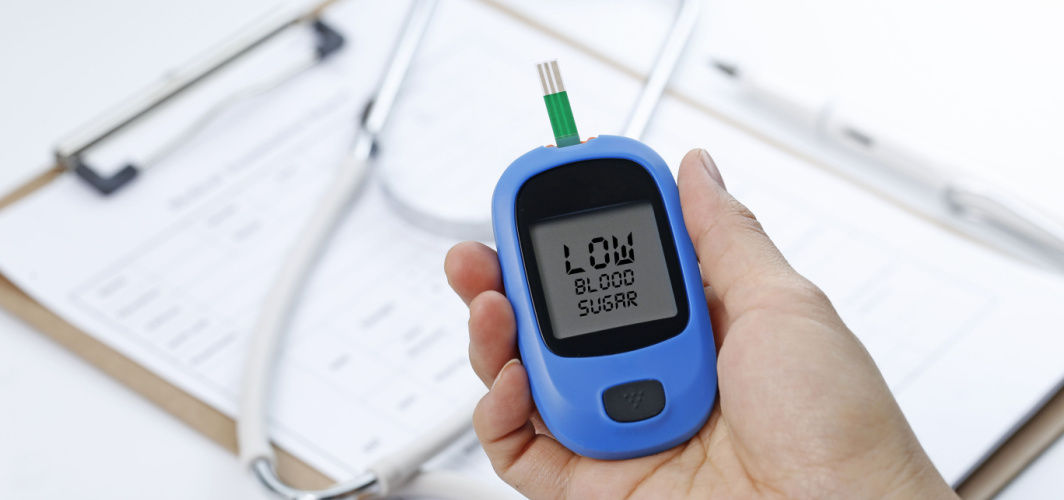Diabetes Management
How To Stay Energised During Dandiya Night?
2 min read

Dandiya nights are a quintessential part of Navratri celebrations. These dance events might go on for hours and might leave you drained, hence it is important for you to take care of a few things to stay energised throughout. Here are some tips:
1. Eat Consciously
- Eat at least 1 hour before dandiya. Have a balance of proteins and carbohydrates to keep you going for long.
- Getting dehydrated while dancing is quite common. Ensure drinking plenty of water to maintain your stamina and stay refreshed.
2. Blend Comfort with Style
- Rather than going for heavier clothes, opt for clothes that allow you to move freely. As dandiya involves a lot of movements, your attire should not restrict your dance. You should choose comfortable footwear to prevent fatigue and discomfort.
3. Take Care of Your Nutrition Intake
- Before heading to the Dandiya event, have a balanced meal that includes complex carbohydrates, lean protein, and healthy fats. This will provide you with sustained energy.
- During the event, opt for light snacks like fruit chaat, roasted makhana (fox nuts), or a handful of nuts to keep your energy levels stable.
4. Take Breaks
- Dandiya nights can be long, so it's essential to take breaks in between. You can find spots with good airflow to avoid overheating.
5. Monitor Your Blood Sugar
- If you have diabetes, it's crucial to monitor your blood sugar levels regularly. Dancing can impact your glucose levels, so be prepared to make any necessary adjustments. Ensure you carry fast-releasing sugars like glucose powder glucose tablets honey or sugar in case you experience hypoglycemia or low sugar these should be easily accessible to you to correct the situation.
6. Keep Yourself Replenished
- As the night draws to a close, have a light, balanced snack to replenish your energy. A small serving of yoghurt or a piece of fruit can be a good choice.
Conclusion
Dandiya nights are all about joy, music, and dance. With these tips, you can ensure you have the energy to dance the night away while also taking care of your well-being. Enjoy the vibrant celebrations of Navratri to the fullest!
Diabetes Management
Consult Top Diabetologists
View AllLeave Comment
Recommended for you

Diabetes Management
Tips For Maintaining Stable Blood Sugar Levels
Blood Sugar levels can be maintained by lifestyle changes such as a balanced diet, meal planning and exercise.

Diabetes Management
How Does Vitamin D Benefit People with Diabetes?
Vitamin D offers several health benefits for individuals with diabetes. It plays a crucial role in improving insulin sensitivity, which further helps in regulating blood sugar levels more effectively. Adequate vitamin D levels in your body may also reduce the risk of developing type 2 diabetes. Vitamin D's role in regulating calcium absorption is crucial for insulin and glucose uptake.

Diabetes Management
Hypoglycaemia: Know What Happens When Your Blood Sugar Drops!
Hypoglycaemia is common in diabetics but can occur in healthy people too. Recognizing the symptoms is important to avoid complications. Treating the underlying cause and making dietary changes can help in preventing hypoglycaemia.
Subscribe
Sign up for our free Health Library Daily Newsletter
Get doctor-approved health tips, news, and more.
Visual Stories

8 Fruits That are Incredibly Healthy for Diabetes
Tap to continue exploring
Recommended for you

Diabetes Management
Tips For Maintaining Stable Blood Sugar Levels
Blood Sugar levels can be maintained by lifestyle changes such as a balanced diet, meal planning and exercise.

Diabetes Management
How Does Vitamin D Benefit People with Diabetes?
Vitamin D offers several health benefits for individuals with diabetes. It plays a crucial role in improving insulin sensitivity, which further helps in regulating blood sugar levels more effectively. Adequate vitamin D levels in your body may also reduce the risk of developing type 2 diabetes. Vitamin D's role in regulating calcium absorption is crucial for insulin and glucose uptake.

Diabetes Management
Hypoglycaemia: Know What Happens When Your Blood Sugar Drops!
Hypoglycaemia is common in diabetics but can occur in healthy people too. Recognizing the symptoms is important to avoid complications. Treating the underlying cause and making dietary changes can help in preventing hypoglycaemia.
